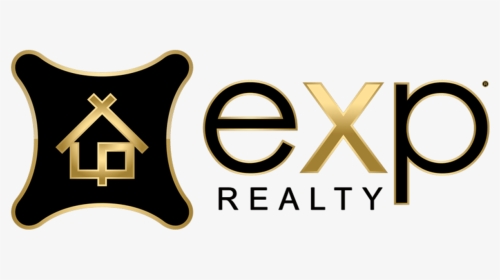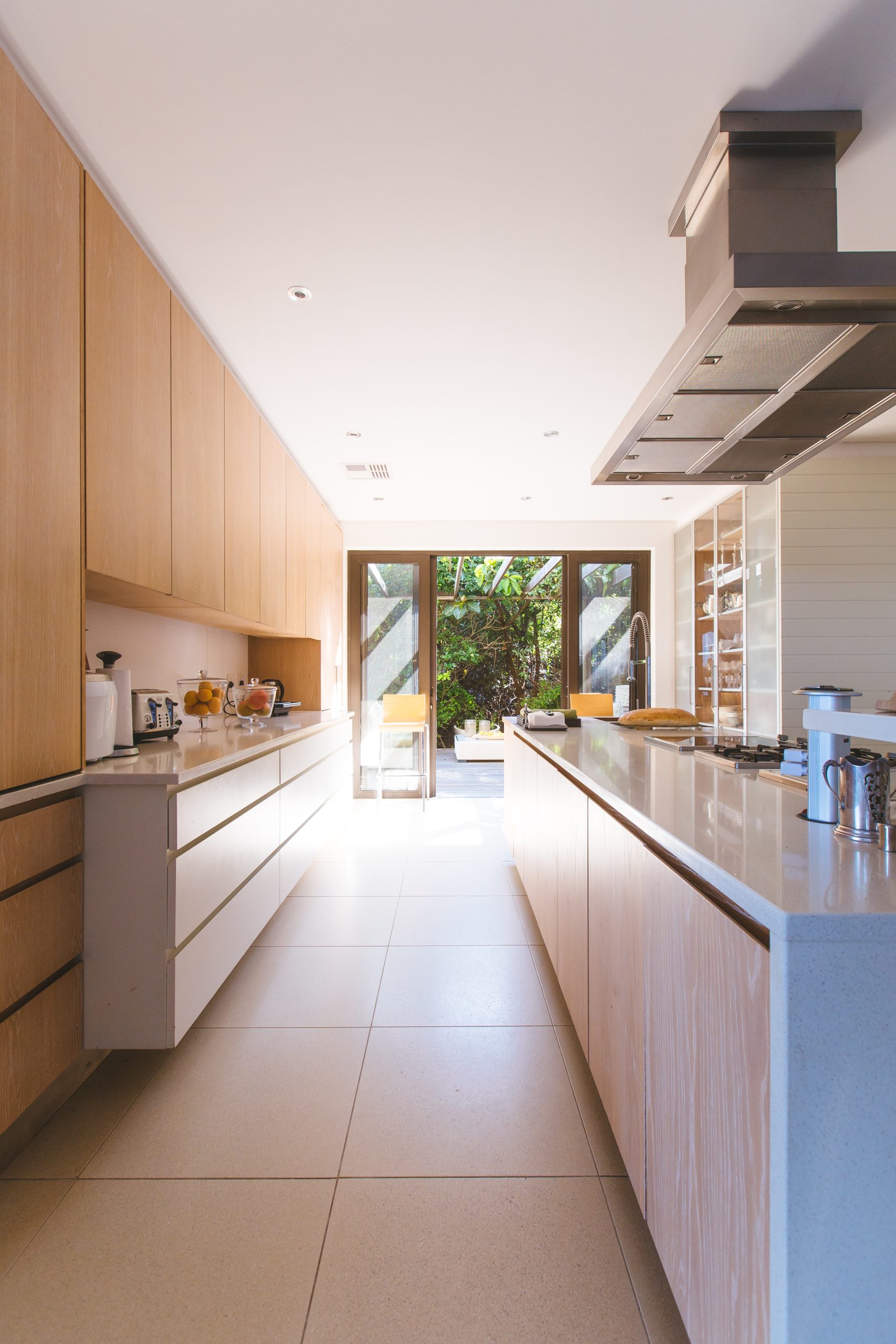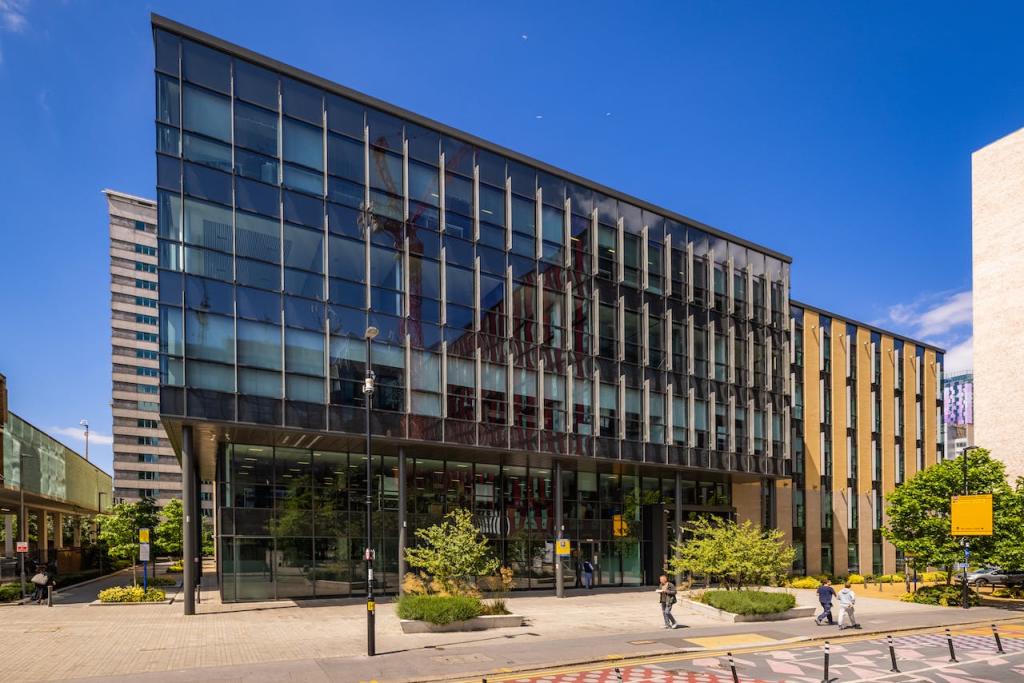When it comes to deciding whether you should rent or buy a home, there are no easy answers. It’s a complex decision that requires careful consideration of your financial situation, lifestyle, and personal preferences. To help make the process easier, this blog post will look at both sides of the rent vs. buy debate and provide some tips for how to make an informed decision about which option is right for you. We’ll also explore some of the pros and cons of each option so that you can make the best choice for your particular circumstances.
The Pros and Cons of Renting vs. Buying
There are pros and cons to both renting and buying a home. It is important to consider your financial situation, as well as your long-term goals, before making a decision.
Renting has its advantages. For one, you may have more flexibility when it comes to moving. If your job or lifestyle changes, you may not be tied down by a mortgage. Additionally, renters insurance is typically less expensive than homeowners insurance. And, you won’t have to worry about maintenance and repairs – that will be the responsibility of your landlord.
Buying a home, on the other hand, can be a great investment. If you buy a home that appreciates in value, you’ll build equity over time. And, if you eventually decide to sell, you could make a profit. Another advantage of owning a home is that you may be able to deduct mortgage interest and property taxes on your taxes. However, there are also some drawbacks to buying a home. For one thing, it takes a significant amount of money for the down payment and closing costs. Additionally, you’ll be responsible for all maintenance and repairs – which can be pricey if something major needs to be fixed
How to Determine What’s Right For You
Making the decision to rent or buy a home is a big one. There are a lot of factors to consider before you can make an informed decision about what’s right for you. Here are a few things to keep in mind as you weigh your options:
-Your financial situation: Can you afford a down payment? Do you have the income to support a mortgage? Are you comfortable with the idea of being tied to one location for the foreseeable future?
-Your lifestyle: Do you like the flexibility that comes with renting? Are you open to the idea of moving if your circumstances change?
-Your plans for the future: Do you see yourself in the same job/city/state in five years? Ten years? Are you planning on starting a family soon?
Consider your answers to these questions and use them to help guide your decision. Ultimately, only you can know what’s best for your unique situation.
The Cost of Renting vs. Buying
The cost of renting vs. buying is a complex issue that depends on numerous factors, including the current housing market, the location of the property, and the individual’s financial situation. In general, however, it is typically cheaper to rent than to buy a home.
There are a number of reasons why renting may be cheaper than buying a home. For one, when you rent you usually don’t have to pay for maintenance or repairs on the property. If something breaks, it’s up to the landlord to fix it. Additionally, renters insurance is often much cheaper than homeowner’s insurance.
Of course, there are also some drawbacks to renting vs. buying. For instance, you’ll never build equity in a rental property as you would if you owned your own home. Additionally, landlords can raise rent whenever they want (although this is generally only done once per year). And finally, if you’re looking for a long-term investment, buying a home is typically a better option than renting since homes typically appreciate in value over time while rental prices generally stay relatively stagnant.
The Process of Renting vs. Buying
Deciding whether to rent or buy a home is a big decision. There are many factors to consider, including your financial situation, your lifestyle, and your long-term goals.
The process of renting vs. buying can be summarized as follows:
Renting:
- Find a rental property that meets your needs (location, size, price, amenities, etc.).
- Sign a lease agreement with the landlord.
- Pay rent every month. The landlord is responsible for maintaining the property and paying any necessary repairs/updates.
- Move out when the lease expires (usually 1-2 years). You may have the option to renew the lease if you wish to stay longer.
Buying:
- Determine how much you can afford to spend on a home. Get pre-approved for a mortgage if necessary.
- Find a home that meets your needs and is within your budget. Work with a real estate agent if needed.
The Benefits of Renting vs. Buying
There are benefits to both renting and buying a home. Ultimately, the decision of whether to rent or buy depends on your personal circumstances.
If you’re thinking of renting, the main benefit is that you’ll have more flexibility than if you own a home. You can move more easily if you need to, and you’re not responsible for maintenance and repairs. Renting also tends to be cheaper than buying in the short-term.
If you’re thinking of buying, the main benefit is that you’ll build equity in your home over time. If you eventually sell, you should be able to make a profit. Buying also gives you more stability than renting, as your monthly payments won’t increase (assuming you have a fixed-rate mortgage). And, once you’ve paid off your mortgage, your housing costs will be lower than if you were renting.
Conclusion
Renting vs. buying is a major decision that requires careful consideration and thought. Ultimately, it depends on your own personal circumstances which option works out best for you in the long run. It is important to compare both options and understand the pros and cons before making any commitment. The rent vs buy comparison should be made with an unbiased view so that you make the best decision for yourself without being influenced by emotions or other factors.











